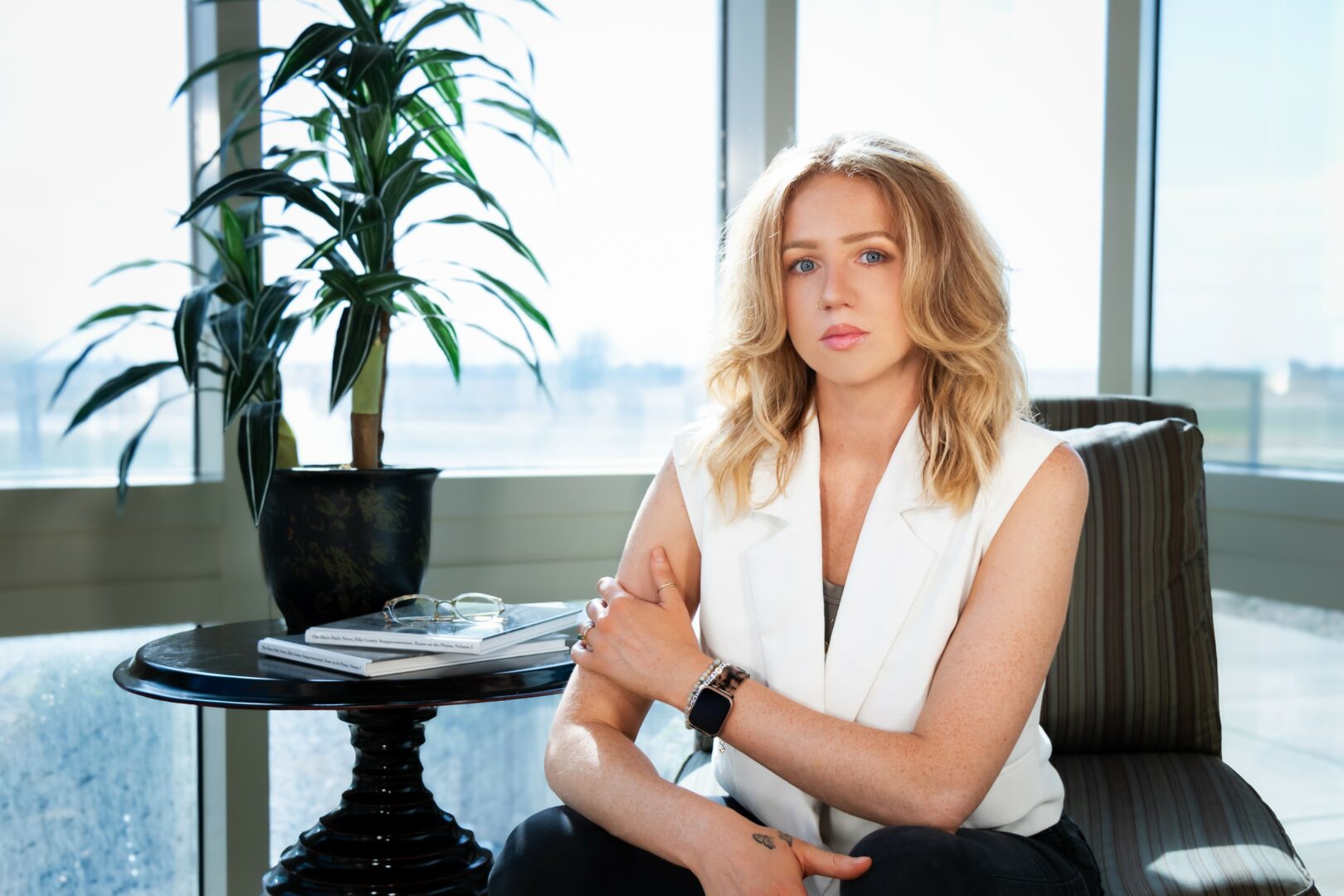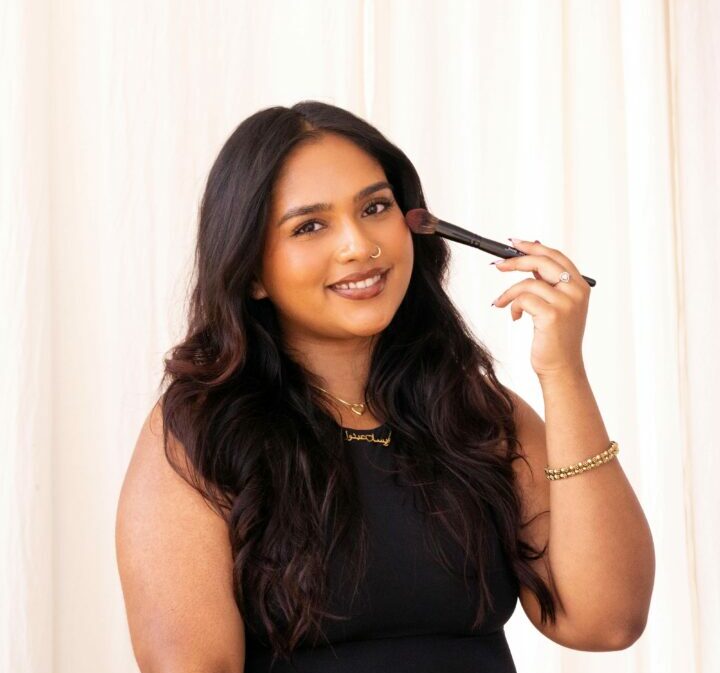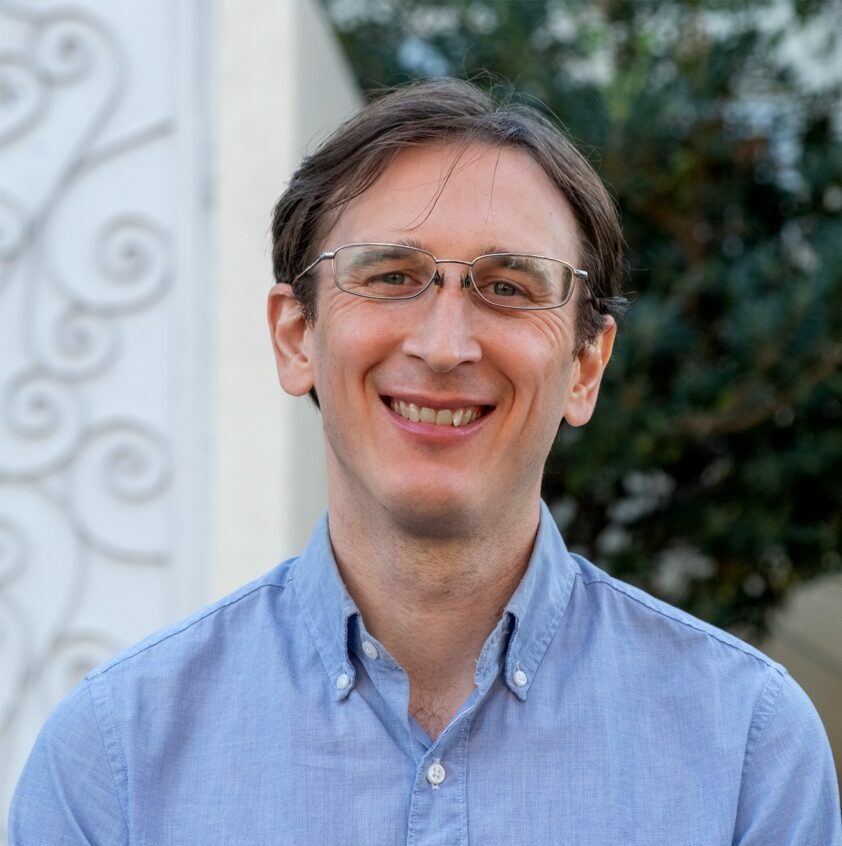We caught up with the brilliant and insightful Nataliya Yufa a few weeks ago and have shared our conversation below.
Hi Nataliya, really happy you were able to join us today and we’re looking forward to sharing your story and insights with our readers. Let’s start with the heart of it all – purpose. How did you find your purpose?
About 15 years ago, when I was a graduate student in physics at the University of Chicago, I signed up to help run a science club at a local school. It proved to be a life-changing experience. As I got to know the students in the science club more closely, and learned about their lives outside of the school, I saw the huge inequality that existed, all within a mile. On the one hand, students at a local private school were flying hovercraft that they themselves have built. On the other, students at the local public school were building airplanes out of paper towel rolls that could never fly at all. On a deeper level, I learned that some of the students at the public school hadn’t seen either parent in years, or that others dreamt of being janitors. For them, graduating 8th grade was not a given, while at the private school, kids had their sights on the most prestigious colleges. In addition, while students at the private school were getting top-notch instruction, with the possibility of even taking college courses at the University of Chicago while still in high school, the kids at the local public school could not recall math lessons that they had that same day. Third graders struggled to multiply 3 times 3.
This did not sit well with me. As I continued my work as a research scientist, first in Chicago and later at the University of Cambridge, England, I kept thinking about how I could contribute to helping lift kids out of poverty through making math joyful and memorable, and helping them aspire and pursue careers in STEM fields.
It took some time, but approximately 4 years later I found myself running a math enrichment organization in Houston, Texas, as part of my job as a math education researcher, following a career switch. Eventually, I found my way into the classroom, and then was fortunate to meet an outstanding math researcher and educator who was also focused on making mathematics more equitable. Together, we founded The Cambridge Math Circle.

Thanks for sharing that. So, before we get any further into our conversation, can you tell our readers a bit about yourself and what you’re working on?
The Cambridge Math Circle has been growing by leaps and bounds. We started with just 25 kids 7 years ago, in a single class, and now run dozens of classes each week, serving a total of 700 students per year. Students come to us at different stages in their relationship with math – some already love it, others may hate it, or be somewhere in the middle. They also have a wide range of skills. We view our job as a) making sure kids have the best possible relationship with math, and b) helping them build skills they need and giving appropriate challenge.
The goals may sound lofty, but they are met by carefully orchestrating fun, exciting experiences where students get to solve problems that may look impossible at first glance. For instance, if you need to get a goat, a wolf and a cabbage across a river, and your boat can only fit you plus on of them, how do you do it? Note that the goat, if left alone with the cabbage, would eat it, and the wolf, if left alone with the goat, will eat the goat.
Our new program this year is called Play Math! What’s different about it is rather than only teaching kids in a variety of settings and training college student instructors, we are working with schools to train their staff, so that one day, teachers that are based at schools can run the programming. We are very excited to be piloting this program, because it will allow the joy of math to reach more students!

Looking back, what do you think were the three qualities, skills, or areas of knowledge that were most impactful in your journey? What advice do you have for folks who are early in their journey in terms of how they can best develop or improve on these?
The most important qualities that helped me in my journey have been empathy, resilience, and introspection. Empathy allowed me to see how structural reasons were holding some students back, and develop a plan to address this. Resilience was key in overcoming obstacles. There will always be obstacles in anything worthwhile and new – change is hard! But if we approach challenges with the mindset of “We can do it! Let’s figure out how,” then we don’t get stuck. And introspection is key for improvement – it’s very easy for us humans to think that whatever we are doing is great, but sometimes it isn’t. Being able to step outside of yourself and evaluate what you’ve been doing is invaluable.
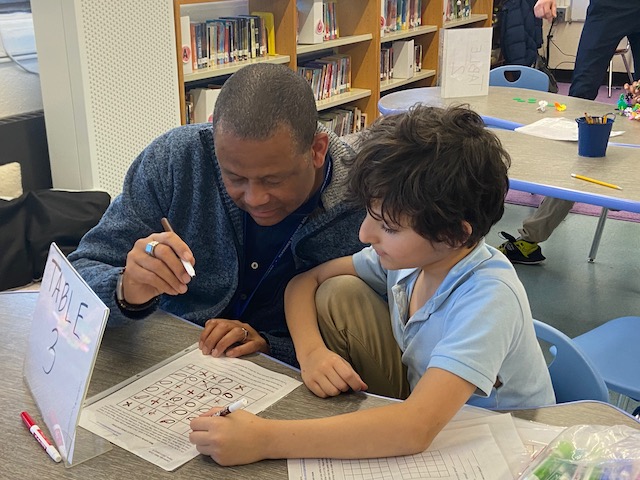
How can folks who want to work with you connect?
We are always looking for exceptional folks to collaborate with! Right now, we are particularly interested in the following areas of collaboration:
– Research into how kids learn math best;
– Folks who are looking to invest in math education;
– Schools that are looking to have a club that helps kids fall in love with math.
Contact Info:
- Website: https://www.cambridgemathcircle.org
- Instagram: @cambridgemathcricle
- Facebook: https://www.facebook.com/CambridgeMathCircle
- Linkedin: https://www.linkedin.com/in/nataliya-yufa-13512b8/

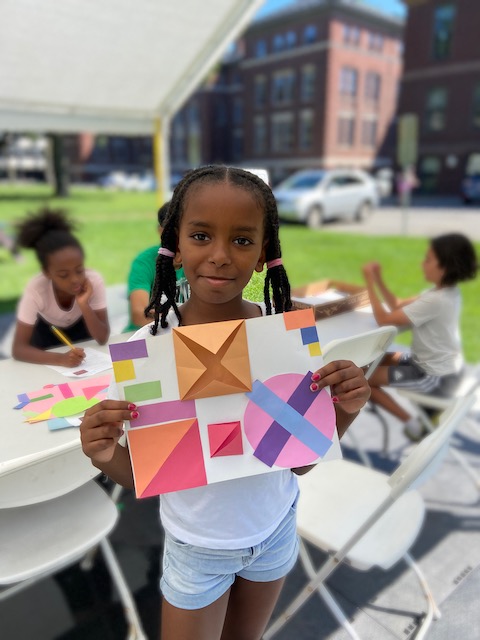

Image Credits
Mark Ostow
Nataliya Yufa
so if you or someone you know deserves recognition please let us know here.


